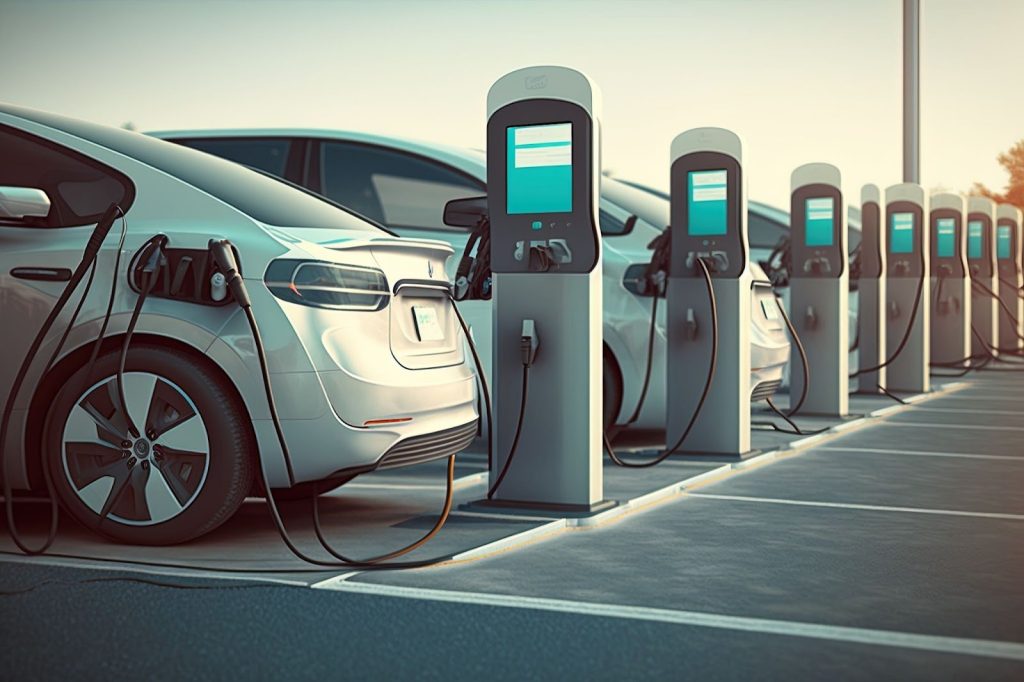Federal Rebates for Electric Vehicles Explained: What You Need to Know Before You Buy
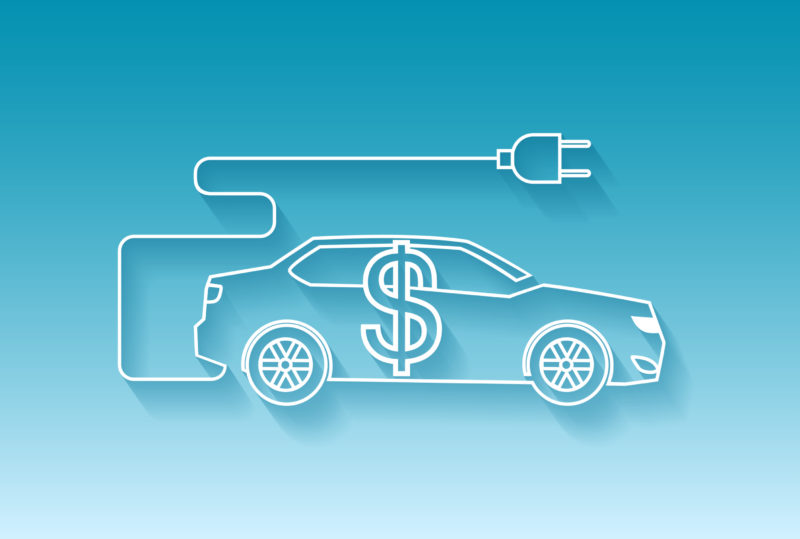
Federal rebates for electric vehicles have become an essential aspect of the conversation surrounding sustainable transportation. As society becomes increasingly aware of climate change and its consequences, initiatives like these play a critical role in driving the adoption of cleaner energy solutions.
In this comprehensive guide, we’ll delve into everything you need to know about federal rebates for electric vehicles, from how they work to eligibility criteria, and even the intricate details of applying for them.
Introduction

The transition to electric vehicles (EVs) is not just a trend; it’s becoming a necessity as we aim to reduce our carbon footprint and combat climate change. However, the initial cost of buying an EV can be daunting for many consumers. This is where federal rebates for electric vehicles come into play, providing financial incentives that make purchasing an EV more accessible and appealing.
As you contemplate making the switch to an electric vehicle, understanding the ins and outs of these federal rebates will empower you to make informed decisions. Let’s dive deeper into this subject to understand why these rebates matter and how they can benefit you.
Why Federal Rebates Matter When Buying an Electric Vehicle
Investing in an electric vehicle is not merely an individual decision but part of a larger movement toward sustainability. Federal rebates serve as a crucial catalyst in encouraging consumers to consider EVs over traditional gasoline-powered cars.
One of the most compelling reasons to embrace federal rebates is the reduction in financial barriers. With the rising costs associated with electric vehicle technology, these rebates help offset some of the initial expenses. This makes it easier for individuals and families to opt for environmentally friendly alternatives without stretching their budgets too far.
Another significant factor is the positive impact on the environment. The more people who buy electric vehicles, the greater the reduction in greenhouse gas emissions. Federal rebates contribute directly to this goal, as they motivate consumers to choose clean energy over fossil fuels.
Furthermore, these incentives stimulate innovation within the automotive industry. Manufacturers are encouraged to invest more in research and development, leading to advancements in battery technology, efficiency, and overall vehicle performance. This creates a cycle of improvement that benefits both consumers and the planet.
Overview of the Federal EV Rebate Program
The federal EV rebate program is designed to provide purchasers of electric vehicles with a monetary incentive when they buy qualifying cars. This initiative has undergone various changes over the years, reflecting legislative shifts and technological progress.
The cornerstone of this program is the tax credit available at the time of purchase. While it may seem straightforward, the specifics can vary significantly depending on several factors. This includes the manufacturer, the type of vehicle, and even the buyer’s income level.
While some states have initiated their own rebate programs that complement federal incentives, understanding the federal component is crucial for anyone looking to leverage these benefits fully. In essence, the federal rebate program seeks to promote electric vehicle ownership and drive the adoption of clean energy technologies.
What Are Federal Rebates for Electric Vehicles?

Diving deeper into the concept of federal rebates for electric vehicles, it’s essential to clarify what exactly these rebates entail and how they function.
Definition and How They Differ from Tax Credits
At its core, a federal rebate for electric vehicles is a financial incentive provided by the government to encourage the purchase of EVs. Unlike a tax credit, which directly reduces the amount of tax owed, rebates can be cash back or deductions applied against the vehicle’s purchase price.
Rebates are typically awarded after the sale and can be used immediately at the point of sale or claimed later through tax returns. This is fundamentally different from tax credits, which usually require you to file your taxes before realizing the benefit.
It’s also worth noting that rebates may not apply to every single electric vehicle model. Certain requirements must be met regarding the vehicle’s specifications, including battery capacity and assembly location, to qualify for these incentives.
In summary, while both rebates and tax credits serve the purpose of promoting the purchase of electric vehicles, they operate in different ways and offer distinct advantages and limitations.
Purpose of These Rebates: Encouraging Clean Energy Adoption
The primary goal of federal rebates for electric vehicles is to facilitate the transition to cleaner energy sources. In a world grappling with climate change, pollution, and dwindling natural resources, the urgency to shift toward sustainable transportation options cannot be overstated.
By incentivizing consumers to buy electric vehicles, the government seeks to decrease reliance on fossil fuels and reduce greenhouse gas emissions. These rebates can significantly influence consumer behavior, swaying potential buyers who might otherwise hesitate due to cost concerns.
Moreover, the increase in EV adoption bolsters the market for renewable energy. As more electric vehicles hit the roads, the demand for charging infrastructure rises. This encourages further investment in renewable energy sources, creating a virtuous cycle of environmental benefits.
Additionally, these federal rebate programs can stimulate job growth in manufacturing, technology, and engineering sectors focused on electric vehicles. Federal support for EVs translates not only into environmental gains but also socio-economic benefits.
Who Qualifies for Federal EV Rebates?

Understanding qualifications for federal rebates for electric vehicles is fundamental to ensuring that you can take advantage of these incentives. Different criteria exist that determine whether you are eligible for a rebate.
Income Requirements and Filing Status
When considering federal rebates for electric vehicles, one of the first factors you’ll encounter is income eligibility. While there is generally no strict cap on income for all types of rebates, certain thresholds may apply based on specific programs.
It’s essential to note that high-income earners may not receive the full benefit of the rebate. For example, some provisions in past bills have limited eligibility for taxpayers earning above a specified amount. Therefore, it’s wise to check the latest guidelines related to income limits.
Your filing status—whether you’re married, single, or head of household—can also impact the rebate amount. Those filing jointly often have a higher limit than those who file individually, allowing married couples to potentially maximize their savings.
As you assess your eligibility, consider consulting financial professionals or utilizing online tools to gauge how your income and filing status might affect your rebate.
Vehicle Requirements (Battery, Assembly, MSRP)
Beyond personal qualifications, the vehicle itself must meet specific criteria to qualify for federal rebates. Generally, the following aspects are considered:
- Battery Capacity: Most rebates have minimum battery size requirements. Larger battery capacities often lead to higher rebates.
- Assembly Location: The vehicle must be assembled in the United States or in a country with a trade agreement with the U.S. This requirement aims to promote domestic job growth and manufacturing.
- MSRP Limits: Price caps for eligible vehicles exist and vary depending on the type of vehicle. Expensive luxury models may not qualify for rebates, while more affordable options can significantly aid low- and middle-income families in transitioning to electric vehicles.
Thoroughly researching these specifications can save you time and money in the long run. Make sure you select an EV that falls within these parameters if you want to benefit from the rebates.
Do Used Electric Vehicles Qualify?
A common question among consumers is whether used electric vehicles qualify for federal rebates. Traditionally, federal rebates have been targeted primarily at new electric vehicles. However, recent discussions have suggested changes could be on the horizon.
Currently, most federal rebate programs do not provide incentives for used EVs. However, certain state programs may offer rebates for pre-owned electric vehicles, making it vital to investigate local initiatives.
If you are contemplating purchasing a used EV, be sure to thoroughly evaluate the available offers in your state. It’s a growing area of interest, and future legislation may expand the availability of rebates for used electric vehicles.
How Much Can You Get from a Federal Rebate?
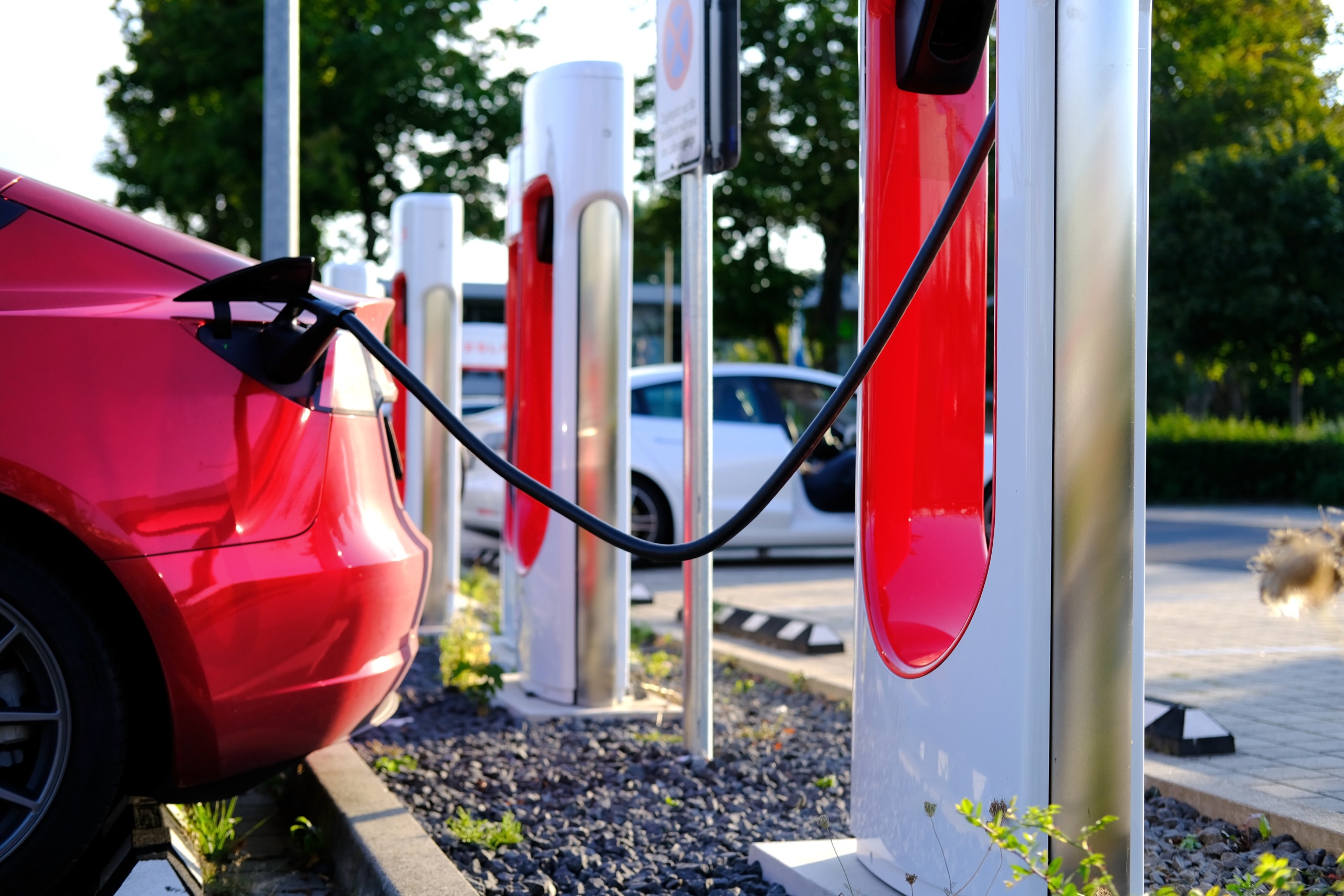
One of the most enticing aspects of federal rebates for electric vehicles is the potential monetary benefit. However, understanding how much you can get requires digging into various factors.
Standard Rebate Amounts for 2025
While the exact amounts may vary depending on ongoing legislation and market conditions, standard federal rebates for electric vehicles are expected to remain competitive heading into 2025. It’s essential to stay updated on any changes that may alter these amounts.
Typically, purchasers of qualifying electric vehicles can expect rebates ranging from a few thousand dollars to around $7,500. This figure often serves as a benchmark for most electric cars available today, although specific amounts will hinge on the car’s manufacturer and battery capacity.
For car buyers, understanding the expected rebate amounts can help you budget more effectively. Knowing upfront how much you can deduct from the total purchase price will allow you to navigate financing options more comfortably.
Bonus Rebates Based on Battery Sourcing or Assembly
Beyond standard rebate amounts, there may be opportunities for bonus incentives based on additional criteria. These include sourcing raw materials for batteries, using sustainable practices in manufacturing, or employing U.S.-based labor.
For instance, if a car manufacturer sources a certain percentage of its battery components from domestic suppliers, this could unlock extra bonuses. Similarly, vehicles manufactured in designated locations may also qualify for additional rebates.
These bonus incentives serve dual purposes: they reward companies for adopting responsible practices and encourage consumers to choose products made under eco-friendly conditions. Be vigilant in researching these options, as they can enlarge your savings considerably.
Examples of Total Savings with Combined Incentives
Considering both standard and bonus rebates, the combined savings can indeed be substantial. Take, for instance, a scenario where you purchase a vehicle that qualifies for the base rebate of $7,500, along with an additional $2,000 in bonus rebates due to battery sourcing.
In this case, your total savings would reach an impressive $9,500. Such figures illustrate the powerful financial benefits of these programs, especially when layered with state-level incentives or utility discounts.
Being strategic about your EV purchase can lead to remarkable savings, making now an excellent time to consider an electric vehicle as your next mode of transportation.
How to Apply for a Federal Rebate on an EV

Navigating the application process for federal rebates on electric vehicles can seem daunting, but understanding the steps involved can simplify the experience significantly.
At the Dealership vs. On Your Tax Return
When purchasing a new electric vehicle, one of the key choices you’ll face is whether to apply for the rebate at the dealership or through your tax return. Each option has its merits, depending on your immediate financial needs.
Applying at the dealership allows for instant savings. When the dealership knows that you qualify for the rebate, they can apply the discount directly to your purchase. This means you’ll pay less upfront, making it easier to manage financing.
On the other hand, if you prefer to handle your rebate through your tax return, the process will work differently. You’ll need to keep all relevant documentation and claim the rebate when filing your annual taxes. While this method does not provide immediate relief, it can still yield significant savings once your tax return is processed.
Ultimately, it’s important to weigh the pros and cons of each approach based on your situation.
Required Documents and Proof of Eligibility
Regardless of how you apply for the rebate, preparation is key. Having the correct documents and proof of eligibility will streamline the process and minimize any roadblocks.
Necessary documents typically include:
- Proof of Purchase: This could be a receipt or invoice showing the date and amount paid for the vehicle.
- Vehicle Identification Number (VIN): Essential for confirming that the vehicle meets federal rebate criteria.
- Manufacturer Certification: Some manufacturers provide documentation that verifies eligibility for rebates.
- Income Verification: If applicable, having records of your income can support your application, particularly if you’re filing for additional bonus rebates.
Being organized with your paperwork can enhance your chances of a smooth application process and ensure you don’t miss out on any available incentives.
Common Mistakes to Avoid
As with any application process, pitfalls exist that can derail your attempt to secure federal rebates. Awareness of these common mistakes can be invaluable.
One frequent error is neglecting to verify the eligibility of the vehicle before purchasing. Always do your homework to ensure the model you intend to buy qualifies for the rebate.
Another common mistake involves failing to keep accurate records. Ensure all documents related to the vehicle purchase and eligibility are stored safely. Lost paperwork can lead to delays or denial of your rebate.
Lastly, many consumers underestimate the importance of timing. If you plan to apply through your tax return, remember to file accurately and promptly. Missing deadlines can result in lost benefits that could have been yours.
By being proactive and mindful during the application process, you can significantly enhance your chances of successfully receiving federal rebates.
List of Popular EVs That May Be Eligible in 2025

With the landscape of electric vehicles constantly evolving, many popular models are likely to qualify for federal rebates in 2025.
Tesla, Ford, Chevy, Hyundai, and More
Some of the most recognized names in the automotive industry are producing electric vehicles that may qualify for federal rebates. Leading brands such as Tesla, Ford, Chevy, and Hyundai have invested heavily in electric technology.
For example, Tesla’s Model 3 has consistently met eligibility criteria for rebates due to its strong performance metrics and innovative design. Ford’s electric line-up continues to grow, and vehicles like the Mustang Mach-E have garnered attention for both their style and sustainability.
Chevy’s Bolt EV represents an affordable option for consumers seeking to transition to electric. Meanwhile, Hyundai is rapidly expanding its electric offerings, making it a noteworthy contender in the rebate-eligible category.
Make it a priority to research specific models ahead of your purchase. Knowing which vehicles qualify can guide you toward the best options based on your preferences and financial goals.
Where to Find the Official Eligibility List
To ensure you’re looking at the most current information, consult official government resources for the latest updates on vehicle eligibility for federal rebates. Websites such as the U.S. Department of Energy and the IRS typically provide up-to-date lists of all qualifying electric vehicles.
Additionally, car manufacturers often maintain sections on their websites dedicated to rebate eligibility, which can provide helpful insights. Staying informed will help you select a vehicle that maximizes your savings as you make the transition to electric.
To learn more about official federal EV rebate rules, visit the IRS website for the most up-to-date information on eligibility, forms, and rebate amounts.
Can You Combine Federal Rebates with Other Incentives?
Another exciting aspect of federal rebates for electric vehicles is the potential to combine them with additional incentives offered at state levels or through utility programs.
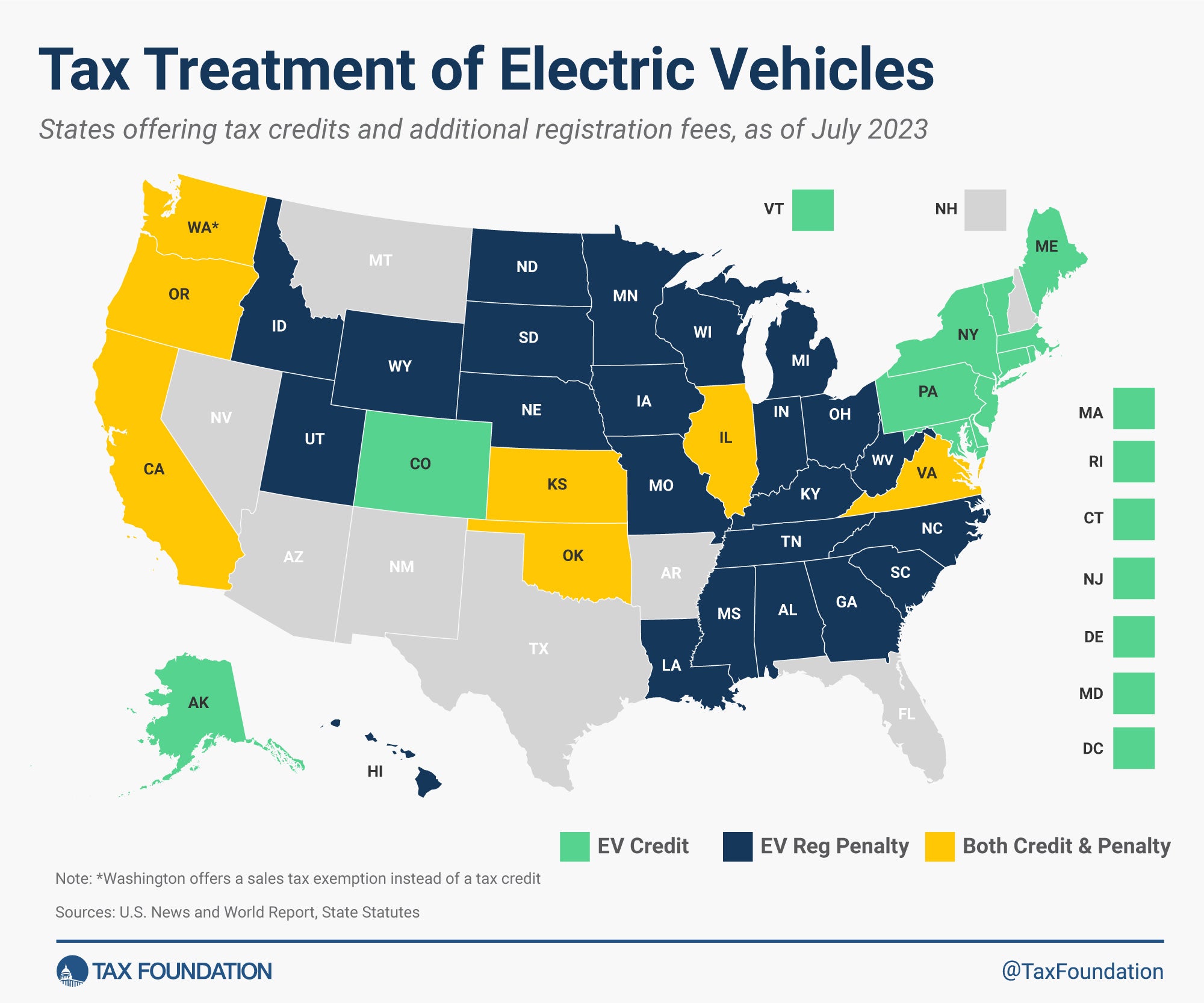
State-Level Rebates and Utility Programs
Many states offer their own rebate programs to encourage electric vehicle purchases, often complementing federal initiatives. State-level incentives can vary greatly—ranging from flat cash rebates to tax credits or reduced registration fees.
For example, California has established a robust program aimed specifically at promoting electric vehicle adoption, offering generous rebates that can stack on top of federal incentives. Researching the opportunities available in your home state can significantly amplify your total savings.
Utility companies may also have programs designed to support electric vehicle owners. Discounts on electricity rates for charging during off-peak hours or rebates for home charging stations can add another layer of financial relief.
Taking advantage of these combined incentives can create substantial savings and make electric vehicle ownership more attractive.
Stacking with Manufacturer and Dealer Discounts
In addition to federal and state rebates, it’s essential to explore any manufacturer-specific deals that might be available. Many automakers recognize the growing popularity of electric vehicles and actively promote their models with special financing offers, cashback, or discounted lease rates.
Often, dealerships will collaborate with manufacturers to provide exclusive promotions for electric vehicles. These offers can be combined with federal rebates, increasing your overall savings.
Before finalizing your purchase, inquire about any ongoing promotions. A combination of federal rebates, state incentives, and dealership discounts can lead to considerable financial benefits, making electric vehicle ownership a more viable option.
FAQs About Federal Rebates for Electric Vehicles
As you navigate the world of federal rebates for electric vehicles, questions will naturally arise. Addressing these frequently asked questions can provide clarity and ease concerns.
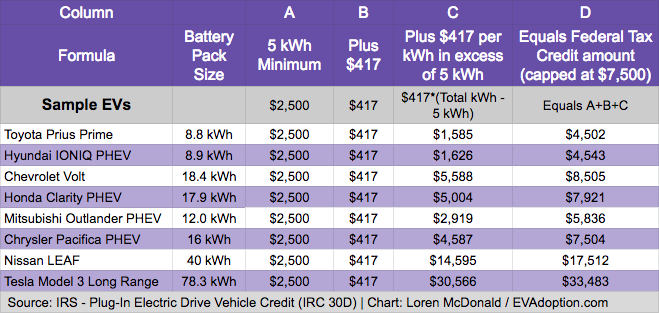
Is the Rebate Instant or Post-Purchase?
One of the most commonly posed questions revolves around whether the rebate is applied instantly at the point of sale or if it is a post-purchase benefit.
In many cases, the rebate can be immediate if applied at the dealership. This allows you to enjoy reduced costs right away. However, if you opt to file for the rebate through your tax return, then it will indeed be a post-purchase benefit that you’ll realize when filing your taxes.
Understanding how the rebate will be applied based on your choice can help you plan accordingly and set realistic expectations about your immediate costs.
What If I Lease an Electric Car?
If leasing an electric vehicle, you may wonder how federal rebates apply. Generally speaking, the federal rebates focus on the buyer rather than the leasing entity. Therefore, if you decide to lease an EV, it’s essential to clarify the terms of the lease with the dealership or leasing company.
Some leasing arrangements may allow for the pass-through of rebates, benefitting the lessee indirectly by reducing monthly payments. Always carefully read the lease agreement to understand how any potential rebates could affect your payment structure.
Leasing can be a fantastic way to experience electric vehicle ownership while enjoying lower upfront costs, so don’t shy away from exploring this option!
Are There Caps or Phase-Outs in 2025?
As federal laws and incentives evolve, it’s crucial to stay informed about any potential caps or phase-out timelines that may affect your eligibility for rebates in 2025. While there were previous phases that restricted credits based on sales volume, future regulations could introduce new caps for certain manufacturers.
Similarly, as the market matures and more consumers adopt electric vehicles, lawmakers may adjust rebate structures to reflect changing priorities. Monitoring proposed legislation and discussing these developments with experts can help you navigate the shifting landscape.
Staying abreast of current policies ensures you won’t miss critical deadlines or lose out on available funds.
Video
Conclusion
In conclusion, federal rebates for electric vehicles present a compelling opportunity for consumers eager to make the shift to more sustainable transportation. Understanding how these rebates work, the eligibility criteria, and how to combine them with other incentives can significantly enhance your savings.
As electric vehicles continue to gain traction, it’s vital to stay informed about the latest developments and changes in rebate programs. Whether you’re eyeing a new Tesla, Ford, or Hyundai, the potential financial benefits can make a meaningful difference in your purchasing decision and long-term savings.
Finally, remember that investing in an electric vehicle is not just a personal choice but a step toward a more sustainable future for everyone. By taking advantage of federal rebates and being proactive in your research, you’re contributing to a broader movement that prioritizes cleaner energy and responsible consumption.
As you embark on your electric vehicle journey, equip yourself with knowledge and confidence, and reap the benefits of going green!
For a broader overview of all federal tax incentives for electric cars—including rebates and tax credits—check out our detailed guide: Everything You Need to Know About Federal Tax Incentives For Electric Cars

